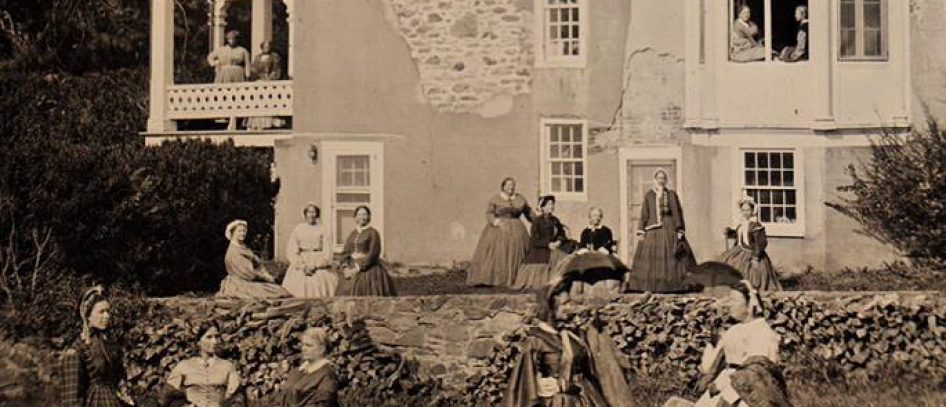The Civil War and its resultant blockade cut off regular supplies of both Northern and foreign seeds. Newspapers urged farmers and housewives to allow some of their vegetables to go to seed so that they could be carefully saved for the following year:
[Marshall] Texas Republican, June 1, 1861, p. 2, c. 1
Don’t forget to save garden seeds, for if the war continues, it will be impossible to get them next year. Besides, we must, in any event, learn to live without the North.
Bellville [TX] Countryman, June 12, 1861, p. 2, c. 6
What are we going to do for seed potatoes, if the blockade continues? Would it not be well to look after some of our own growing? The same can be said of garden seeds generally. If we can learn to provide these things at home, the blockade will be truly a blessing to Texas, ultimately.
Austin State Gazette, January 4, 1864, p. 1, c. 1
We have received a package of fresh Garden Seeds from James Burke of Houston, suitable for planting at this season, which we intend to test, and give, in due time, our experience of the result. To the enterprise of Mr. Burke in procuring fresh seeds throughout the year, we have been mainly indebted since the war commenced, and the facilities he now offers for sending them by mail are worthy the attention of all who wish to have good gardens.
Austin State Gazette, April 5, 1865, p. 2, c. 4
It is not, perhaps, too large an estimate to say that before this war commenced there was annually imported into Texas, twenty thousand dollars worth of Garden Seeds. We are without the data upon which to base a correct calculation, but should not be surprised to find that the amount had reached more than double the sum indicated. But since the blockade, necessity has forced our farmers to save their own seeds, so that although the sales of seeds in Texas is almost entirely engrossed by one house, we learn that the amount sold by that house does not exceed five thousand dollars, and it is not likely that all the seeds introduced into Texas and sold by all other parties amounts to an equal sum, showing a clear saving of twenty thousand dollars to the State in the single item of seeds. But independent of the saving of money, it has been found that we can raise at least three fourths of the seeds at home, for which we have been accustomed to think ourselves dependent on the North. We have at the same time developed and cultivated industrious habits among our youthful population.—[Houston] Telegraph.
